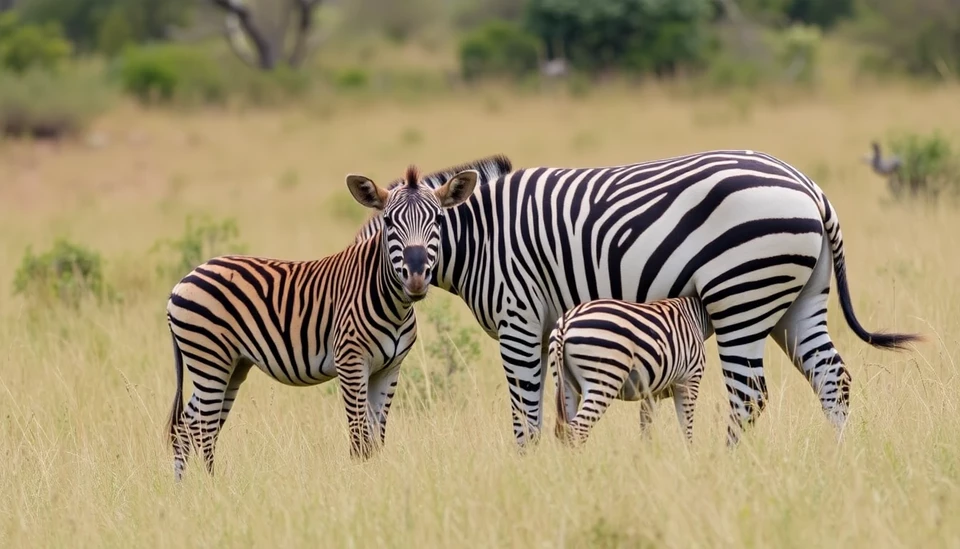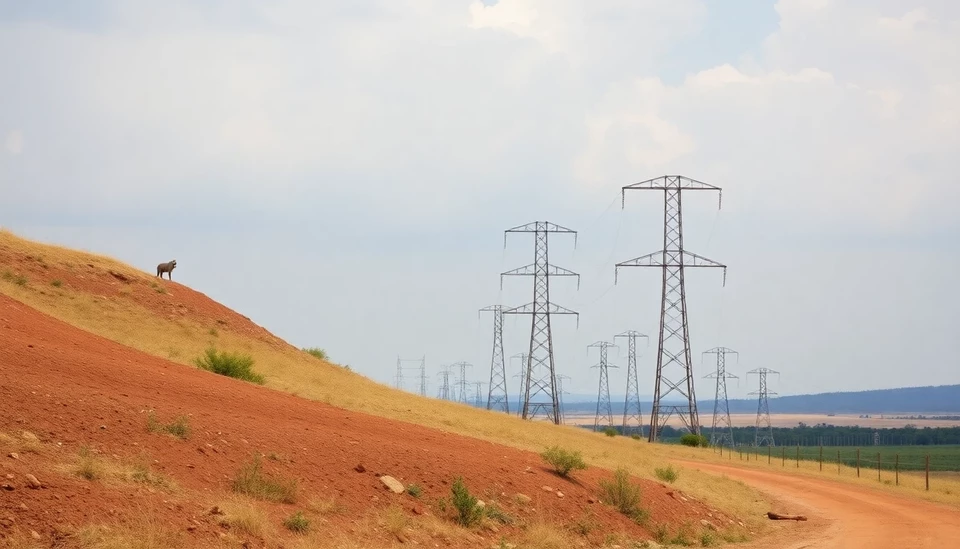
In a significant move aimed at enhancing wildlife conservation, the Kenyan government has announced plans to impose a levy on park entry fees. The initiative, which is set to be implemented in January 2025, will see a portion of the revenue generated from entry fees directed towards conservation projects across the nation. This decision comes as Kenya faces increasing pressure to protect its diverse wildlife and habitat, which are threatened by factors such as climate change, poaching, and human encroachment.
The government has recognized that the existing funding mechanisms for wildlife conservation are inadequate. By introducing this new levy, officials hope to create a more sustainable financial model that ensures the ongoing protection of Kenya's rich biodiversity. The funds collected from the levy will be allocated not only for direct conservation efforts but also for community-based programs designed to foster coexistence between local populations and wildlife.
This strategic move is expected to address the pressing needs of wildlife conservation while also generating income for local communities that rely on tourism as a critical economic driver. The tourism sector has historically been a significant contributor to Kenya’s economy, with wildlife tourism at its core. By enhancing conservation funding through entry fees, the government aims to ensure that both wildlife and local communities benefit from this vital economic sector.
Kenyan authorities are currently finalizing the framework of the new levy, including specific rates and how the collected funds will be monitored and allocated. Conservationists have largely welcomed this initiative, highlighting the urgent need for increased funding to combat the rising threats to wildlife. Experts believe that with the right implementation and management, this levy could serve as a model for other countries facing similar conservation challenges.
As the nation gears up for the implementation of this levy, stakeholders from various sectors, including tourism, conservation, and local communities, are being engaged in discussions to ensure a collaborative approach towards conservation. The new measure not only aims to protect the wildlife but also seeks to elevate the standards of eco-tourism, ensuring that visitors can continue to enjoy Kenya's unparalleled natural beauty while contributing to its preservation.
In conclusion, the introduction of a park entry fee levy marks a proactive step by the Kenyan government to safeguard its wildlife for future generations. As the world looks toward more sustainable solutions for conservation, Kenya's initiative could set a precedent for effective funding of wildlife protection efforts worldwide.
#Kenya #WildlifeConservation #ParkEntryFee #SustainableTourism #EcoTourism #ConservationFunding
Author: Daniel Foster




